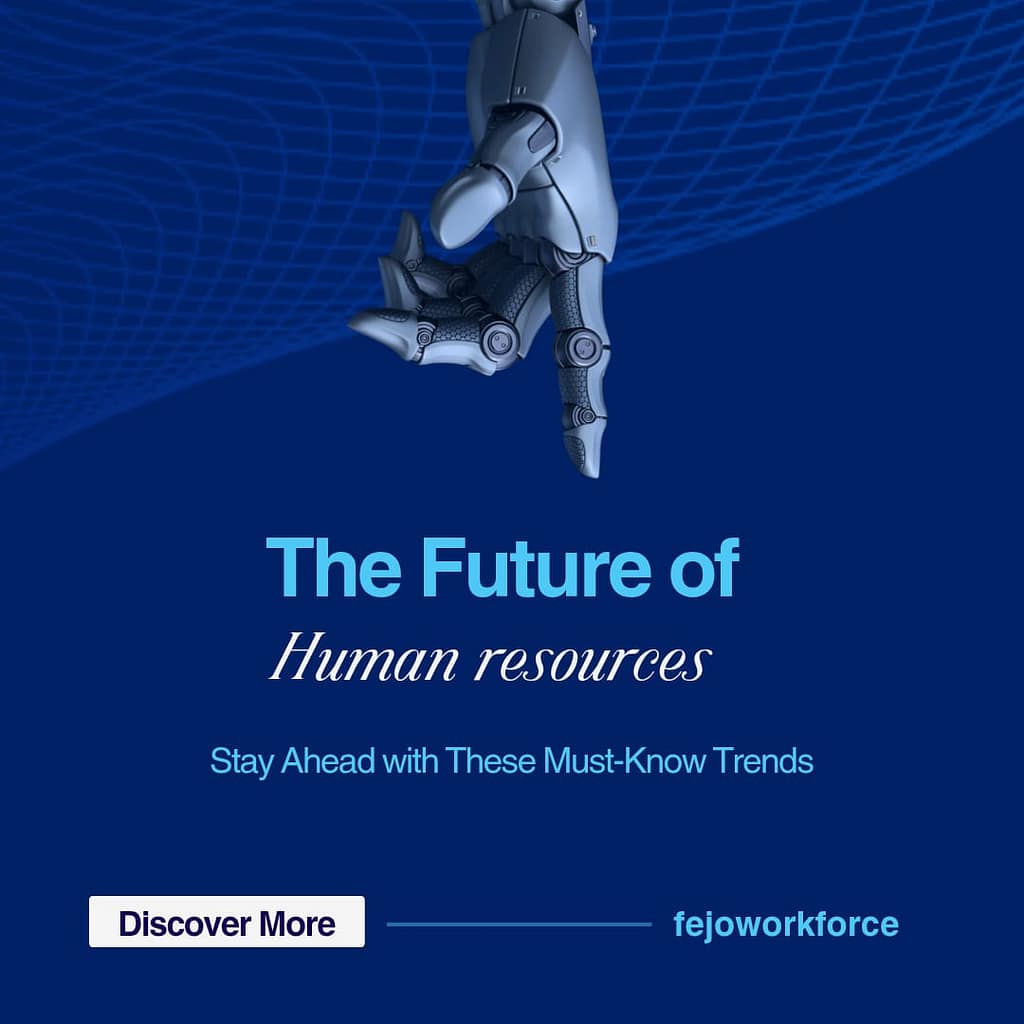Understanding the Unique Roles in Business
In the modern workplace, different departments work together to ensure the smooth functioning of an organization. However, a common misconception is that roles within business functions are interchangeable. HR is

In the modern workplace, different departments work together to ensure the smooth functioning of an organization. However, a common misconception is that roles within business functions are interchangeable. HR is not accounting, finance is not computer science (CS), and a manager is not a specialist in every field. Each role has a distinct purpose, skill set, and contribution to the company.n the complex world of business, success hinges on the ability of individuals and teams to work together seamlessly. Behind every successful organization is a diverse set of roles, each contributing to the overall mission and goals. Understanding these unique roles allows businesses to operate efficiently, innovate, and adapt to market demands. Let’s delve into some of the key positions and their importance in the organizational structure
Leadership and Management
At the helm of any business are leaders and managers who set the vision, strategy, and direction. Leaders inspire, motivate, and guide their teams toward achieving goals, while managers focus on planning, organizing, and ensuring day-to-day operations run smoothly. These roles are crucial for aligning the team’s efforts with the company’s objectives and maintaining a cohesive work environment.
Operations and Logistics
Operations professionals handle the core processes that keep the business running. From supply chain management to production oversight, these individuals ensure that products or services are delivered efficiently and effectively. Their work impacts everything from cost control to customer satisfaction, making them an integral part of any organization.
Finance and Accounting
The financial health of a business is paramount. Finance and accounting teams manage budgets, forecast revenue, and track expenses. They provide insights into profitability and ensure compliance with regulations. These roles help businesses make informed decisions and allocate resources wisely.
Marketing and Sales
Marketing and sales teams are the bridge between a business and its customers. Marketing professionals craft strategies to build brand awareness, generate leads, and communicate value, while sales teams focus on converting prospects into loyal customers. Together, they drive revenue and help a business expand its reach.
Human Resources (HR)
Human Resources is the backbone of any organization, managing the recruitment, development, and well-being of employees. HR professionals foster a positive workplace culture, ensure compliance with labor laws, and support employee growth. Their role is vital in building a motivated and high-performing workforce.
n today’s fast-paced business environment, the role of Human Resources (HR) has transformed significantly. Far from being just an administrative function, HR has become a strategic partner in driving organizational success. Whether it’s fostering a positive workplace culture, ensuring employee well-being, or managing talent, HR plays a pivotal role in shaping the future of any company.
The Shift to Strategic HR
Traditionally, HR focused on hiring, payroll, and compliance. While these tasks remain essential, the modern HR department has expanded its scope to include employee engagement, diversity and inclusion, and aligning talent strategies with business goals. By leveraging data analytics and HR technology, organizations can now predict workforce trends, measure performance, and make informed decisions about workforce planning.
Employee Experience: The Core of HR
One of the most significant trends in HR today is the emphasis on employee experience. A happy and engaged workforce is more productive, innovative, and loyal. HR professionals are increasingly focusing on creating a work environment where employees feel valued and supported. From offering flexible work arrangements to providing opportunities for career advancement, HR teams are ensuring that employees thrive both personally and professionally.
The Importance of Diversity and Inclusion
Diversity and inclusion have become top priorities for HR departments worldwide. Companies that embrace diversity benefit from a broader range of perspectives, improved creativity, and better decision-making. HR professionals are tasked with creating policies and initiatives that promote equity in hiring practices and foster an inclusive workplace culture where everyone feels they belong.
The Role of Technology in HR
The rise of HR tech has revolutionized the way HR operates. Tools like applicant tracking systems (ATS), performance management software, and employee engagement platforms have streamlined processes and improved efficiency. Artificial intelligence (AI) is also being used to enhance recruiting, automate repetitive tasks, and analyze workforce data to identify trends and areas for improvement.
Challenges Facing HR Today
Despite its advancements, HR faces a range of challenges. Adapting to remote and hybrid work models, addressing mental health concerns, and managing generational differences in the workplace are just some of the issues HR professionals must navigate. Additionally, staying compliant with ever-changing labor laws and regulations requires constant vigilance.
The Future of HR
As businesses continue to evolve, so too will the role of HR. The future of HR will likely involve even greater integration of technology, deeper collaboration with leadership teams, and an unwavering commitment to employee well-being. By staying adaptable and forward-thinking, HR professionals can ensure they remain at the forefront of organizational success.
In conclusion, the modern HR function is a cornerstone of any thriving organization. By focusing on people, leveraging technology, and embracing innovation, HR is not just managing the workforce—it’s shaping the future of work.
Follow us on social media to stay updated

